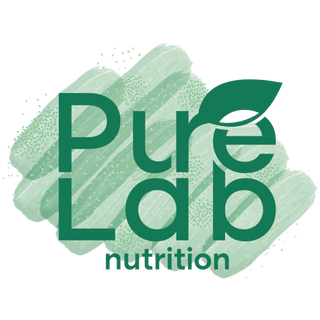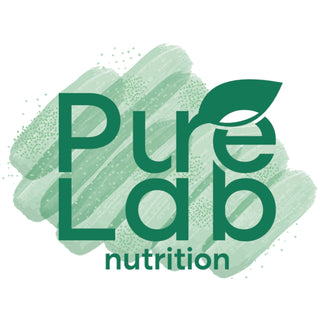Summary
- What is collagen?
- What diet should you choose to stimulate collagen production?
- Why and how to supplement with collagen?
- Combine diet and collagen supplements on a daily basis.
- Dosage and timing: optimizing absorption of collagen supplements.
- FAQ
Collagen: a key to your health and well-beingA balanced diet is essential to fully enjoy the benefits of food supplements. And when it comes to collagen, this combination is even more important! Discover our tips for combining a pro-collagen diet and suitable supplements.
1. What is collagen?
Collagen is an essential structural protein that makes up about 30% of our body's total protein. Found in connective tissues, it plays a crucial role in:
- Skin firmness and elasticity,
- The strength of bones and joints,
- The resistance of hair and nails.
Unfortunately, collagen production naturally decreases from the age of 25, leading to a loss of skin tone, joint discomfort and even capillary fragility.
2. What diet should you adopt to stimulate collagen production?
Animal proteins: the best natural source of collagenFocus on foods rich in collagen:
- Meats with bones, tendons or skin (e.g. chicken, beef chuck).
- Homemade bone broth, a great economical and tasty source.
- Fish with skin and bones (salmon, sardines).
Essential vitamins and minerals:
- Vitamin C: crucial for collagen synthesis. Found in citrus fruits, kiwis, peppers, or broccoli.
- Zinc and copper: These trace elements support collagen production. They are found in nuts, sesame seeds, seafood and dark chocolate.
3. Why and how to supplement with collagen?
Even with a proper diet, supplements can optimize your collagen intake, especially with age or in the event of specific needs.
Two main forms of collagen in supplements:
- Native collagen: raw and unprocessed, it is less expensive but less bioavailable.
- Hydrolyzed collagen (or peptides): easier to absorb due to its low molecular weight.
Our recommendation... a hydrolyzed marine collagen, enriched with:
- vitamin C, to maximize its assimilation.
- hyaluronic acid (anti-aging active ingredient)
- coenzyme Q10 (powerful antioxidant)
- biotin (for collagen synthesis, healthy hair and nails)
4. Combine diet and collagen supplements on a daily basis
Adopting a pro-collagen routine is simple:
- In the morning: consume collagen peptides.
- At lunch: choose meals rich in animal protein and fresh vegetables.
- For a snack: try a red fruit juice.
5. Dosage and Timing: Optimizing Collagen Supplement Absorption
How much? A daily dose of at least 1g per day of hydrolyzed collagen is ideal for visible results.
When? It doesn't matter what time of day it is, the key is to be consistent. Make it part of your daily routine.
6. FAQ: Your questions about collagen
Question: Can you get enough collagen through diet alone?
Answer: It is difficult to cover 100% of needs with food alone, especially after the age of 30. Hence the interest in supplements.
Question: What is the difference between marine and bovine collagen?
Answer: Marine collagen is generally more bioavailable and better suited for skin. Bovine collagen is often used for joints. For a multi-action (skin, joint, etc.), marine collagen would be ideal.
Question: Can we combine collagen and other food supplements?
Answer: Yes, especially with vitamin C, omega-3 or hyaluronic acid for complementary effects.
By enriching your diet and adopting appropriate supplementation, you can maximize the benefits of collagen and preserve your youth and health. Ready to get started?
Discover our marine collagen in tablets, made in France and enriched with hyaluronic acid (anti-aging active ingredient), coenzyme Q10 (powerful antioxidant), biotin (healthy hair and nails), vitamin A (improves skin texture), vitamin B9 (healthy and radiant skin), vitamin C (normal collagen formation) and vitamin E (reduces the signs of aging).












